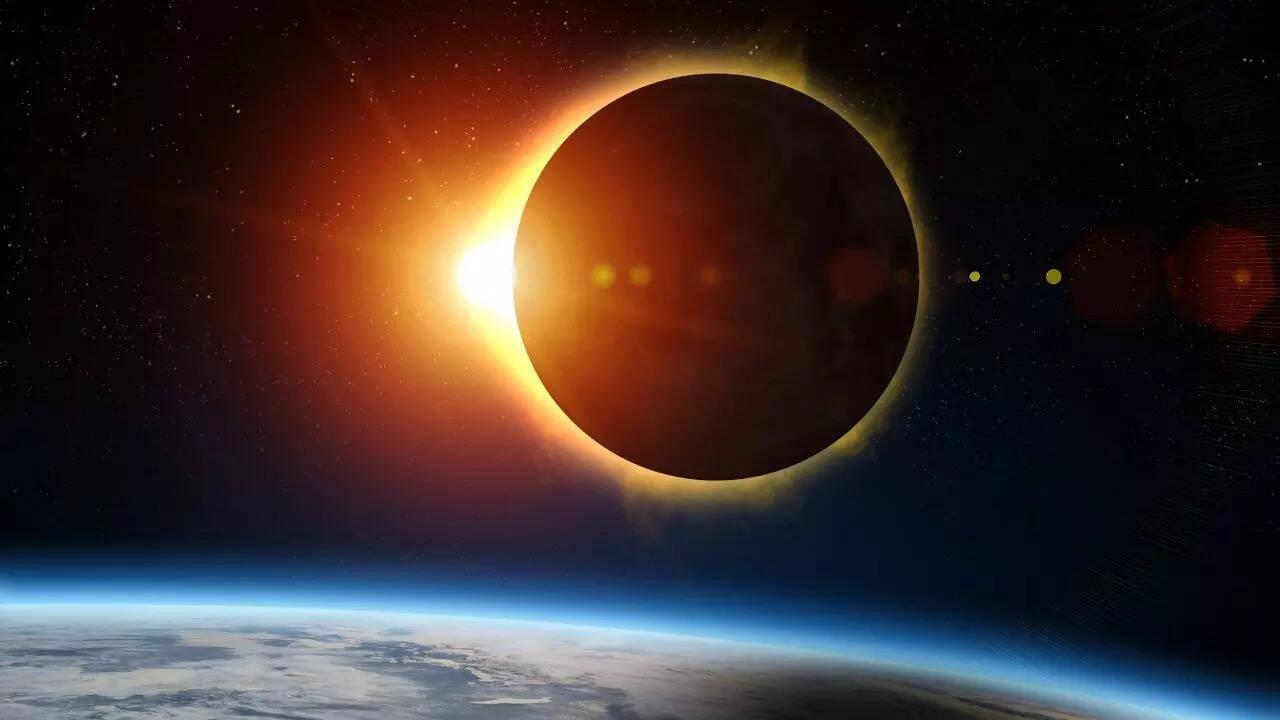CES 2026: How Emerging Technology is Shaping the Year Ahead
An expert breakdown of CES 2026, exploring how robotics, intelligent devices, and next‑gen computing are shaping technology and professional workflows in 2026.

Viral posts claim a solar eclipse will darken Earth on August 2, 2025—but NASA confirms it's false. Here's what’s really happening in the sky.
Table of contents [Show]
On August 2, 2025, social media platforms were ablaze with alarming claims that a solar eclipse would plunge the world into total darkness for six full minutes. But here’s the truth: that claim is completely false.
According to verified data from NASA and leading astronomical experts, no solar eclipse—partial or total—is occurring anywhere on Earth on August 2, 2025.
NASA’s eclipse database and multiple astronomical societies confirm that:
These false eclipse claims appear to be part of a viral misinformation wave, fueled by misleading TikTok videos and fabricated AI-generated visuals.
This 2027 eclipse is one of the longest total eclipses of the 21st century—perhaps the event that sparked the confusion online.
The hoax likely stems from a misinterpretation of the 2027 eclipse’s duration and its coincidental future date of August 2—exactly two years from today. AI-generated videos and sensational TikTok headlines like “The day the world goes dark” only fanned the flames.
But astronomers and space agencies quickly debunked these false claims.
NASA’s official portal clearly lists every solar and lunar eclipse through 2100, and there is no event today, August 2, 2025.
Don’t let viral misinformation overshadow science. Here are reliable resources for eclipse verification:
If you heard that the world would be blanketed in darkness on August 2, 2025, rest easy—there’s no celestial event today. But mark your calendars for September 21, 2025 (partial eclipse) and August 2, 2027 (total eclipse). Until then, let science—not social media—be your guide.
🛰️ Stay curious. Stay informed.
An expert breakdown of CES 2026, exploring how robotics, intelligent devices, and next‑gen computing are shaping technology and professional workflows in 2026.
Comprehensive guide to using AI tools for content creation, marketing automation, and audience engagement. Discover practical strategies for SEO optimization, social media management, and maintaining brand authenticity while scaling content production.
TIME Magazine has honored the AI Architects as its 2025 Person of the Year, acknowledging their groundbreaking work that pushed artificial intelligence to the center of global innovation.
